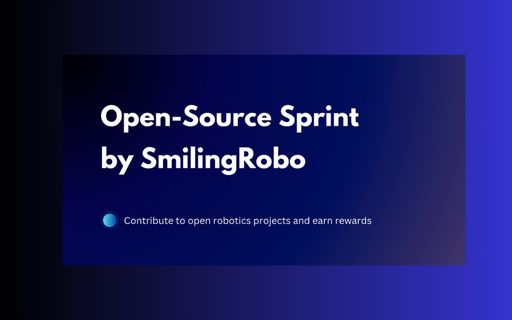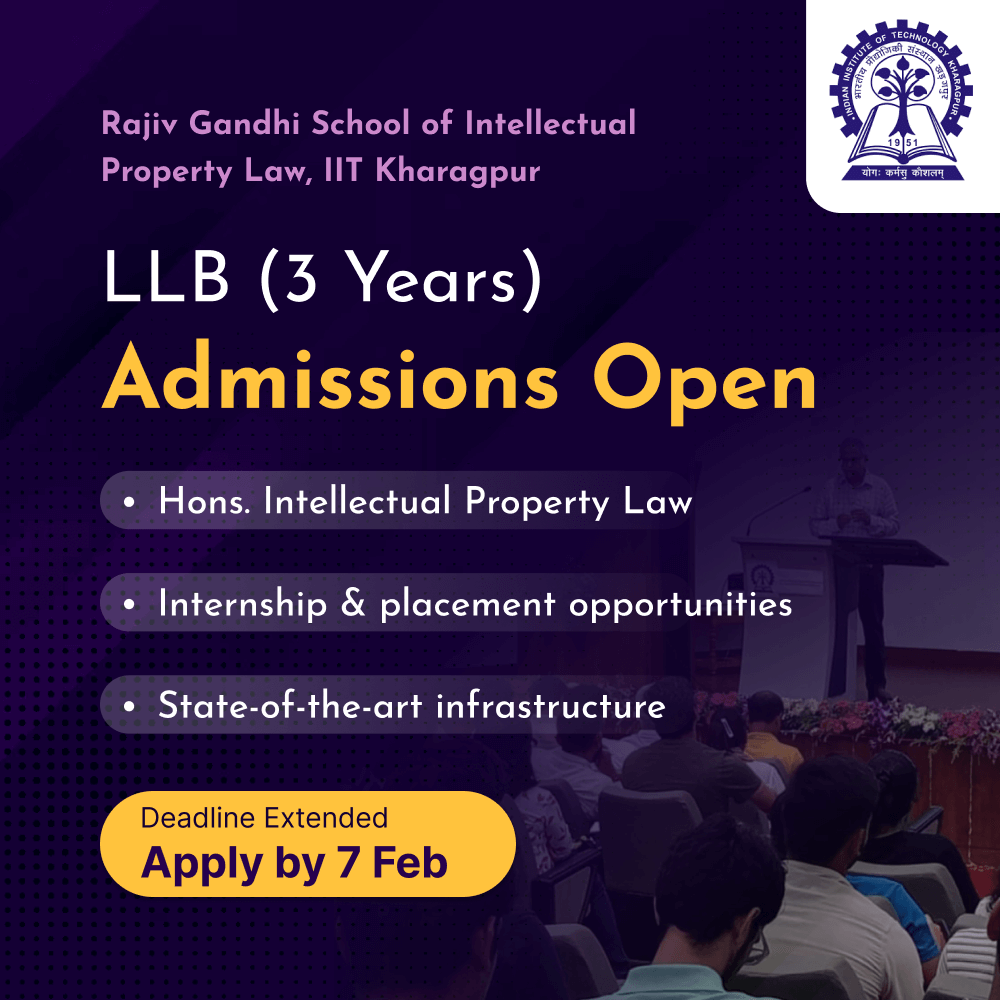In this read, you will get to know the Human-AI Collaborative approach to building Hybrid Intelligence. Check the researcher’s view on Hybrid Intelligence below!
About Hybrid Intelligence
Hybrid intelligence is a collaboration combining the power and capabilities of human intelligence and artificial intelligence (AI) machines. It is an emerging field that aims to use the connections between humans and machines for better problem-solving and decision-making.
How Hybrid Intelligence Works?
In hybrid intelligence, humans and artificial intelligence systems work together hand in hand, each contributing their abilities. For example, while humans have creativity, intuition, situational awareness, and ethical decision-making, AI systems excel at processing large amounts of data, recognizing patterns, and performing repetitive tasks efficiently and quickly.
The purpose of hybrid intelligence is to use human intelligence and the computing power of machines to solve complex problems that humans or artificial intelligence cannot solve.
Combining human thinking, reasoning and intelligence with the analytical and computational power of intellect, hybrid intelligence aims to achieve excellent results in many areas, including health, finance, education and cybersecurity.
Human-AI collaboration in hybrid intelligence can take many forms, including:
- Artificial intelligence: Humans rely on AI systems to improve decision-making by providing recommendations, insights or predictions based on data analysis and model knowledge.
- Collaborative Intelligence: Humans and AI systems work together as equal partners, leveraging each other and collaborating in real time to solve a problem or achieve a specific goal.
- Augmented Intelligence: Artificial Intelligence systems boost human capabilities by performing routine tasks, collecting and processing data on a large scale, and providing people with relevant information to make more informed decisions.
- Distributed Intelligence: In this form, the business is split between humans and AI systems, each focusing on its area of expertise. They collaborate to solve complex problems by exchanging information and insights.
Hybrid intelligence highlights the importance of human-AI collaboration to create more resilient, reliable and human values-based systems. Combining the unique characteristics of humans and machines, hybrid intelligence can solve complex problems and open up new possibilities in many fields.
Hybrid Intelligence by TCS
Artificial intelligence (AI) gradually improves as it learns many “human” tasks, especially repetitive ones, such as medical diagnosis, language translation, or customer service. There are legitimate concerns that AI will eventually supplant human jobs across the economy, but it’s not a near-horizon consequence.
AI has fundamentally changed how a task will be accomplished and who will do it. And while technologies that can automate processes and increase efficiency have received much attention, perhaps the more powerful facet of AI – humans and machines that complement and magnify each other’s talents – hasn’t been as much the focus of scrutiny and scholarship says TCS.
Super Use Cases by TCS
An AI-assisted strategy can accelerate the hunt for disease treatments, provide creative answers to environmental issues, and even start to tackle persistent societal biases. “This is the future of work ethics: advanced human brains collaborate with high-performing artificial intelligence to accomplish difficult tasks, create new possibilities and beautify the world,” says Colin Harper, a tech reporter for Coin Desk.
Click here to read more details on Hybrid Intelligence by TCS!
Hybrid Intelligence by IEEE
We define HI as the combination of human and machine intelligence, augmenting human intellect and capabilities instead of replacing them, to make meaningful decisions, perform appropriate actions, and achieve goals that were unreachable by either humans or machines alone.
Developing HI requires fundamentally new solutions to core research problems in AI.
- Modern AI technology surpasses humans in many pattern recognition, machine learning, reasoning, and optimization tasks, but it falls short on general world knowledge; common sense;
- The human capabilities of collaboration, adaptability, and responsibility in terms of norms and values and explanation.
- Humans, on the other hand, excel in collaboration, flexibly adapting to changing circumstances during the execution of a task.
An essential element in our collaboration is the capability to explain motivations, actions, and results. And humans always operate in a setting where norms and values (often implicitly) delineate which goals and actions are desirable or even permissible. We, therefore, unpack the challenge of building HI systems into four research challenges:
- Collaborative HI: How do we develop AI systems that work in synergy with humans?
- Adaptive HI: How can these systems learn from and adapt to humans and their environment?
- Responsible HI: How do we ensure that they behave ethically and responsibly?
- Explainable HI: How can AI systems and humans share and explain their awareness, goals, and strategies?
Click here to read more detailed aspects of Hybrid Intelligence by IEEE!
Hybrid Intelligence by Mckinsey
April 29, 2022, In 2015, McKinsey acquired QuantumBlack, a sophisticated analytics start-up of more than 30 data scientists, data engineers, and designers based in London. They had made their name in Formula 1 racing, applying data science to help teams gain every possible advantage in performance. Healthcare, transportation, energy, and other industry clients soon followed.
Over the past seven years, the QuantumBlack community has helped McKinsey achieve a number of feats: building and then donating Kedro, an industry-leading developer tool, to the open-source community; being named a Leader in AI; and supporting women in technology through community efforts and mentorship. The team grew quickly, to 400 in 2020, and now has more than 1000 technical practitioners across the globe today.
Along the way, QuantumBlack has been a critical part of many digital and AI transformations across industries. “We have now brought together all of our analytics colleagues under one umbrella called QuantumBlack, AI by McKinsey,” says Alex Singla, “sharing a single culture and strongly defined career pathways, and using common methods and tools.”
For more information on Hybrid Intelligence by Mckinsey, click here!

![Robotics for Good Youth Challenge India 2024 by UN [Free; Opportunity to Visit UN]: Register by July 31](https://cse.noticebard.com/wp-content/uploads/sites/23/2024/07/Copy-of-Copy-of-Featured-Image-512-x-15.png)

![Short-Term Training Program in Robotics at IIT Mandi in Collaboration with Himachal Pradesh Kaushal Vikas Nigam [Online & Offline]: Register by June 15](https://cse.noticebard.com/wp-content/uploads/sites/23/2023/06/IIT-Mandi.jpg)
![3-Weeks Short Term Training Program on Artificial Intelligence and Machine Learning at Jamia Millia Islamia [July 4-22, 80 Seats, Paid]: Apply by June 14](https://cse.noticebard.com/wp-content/uploads/sites/23/2023/06/Jamia-Millia-Islamia.jpg)






